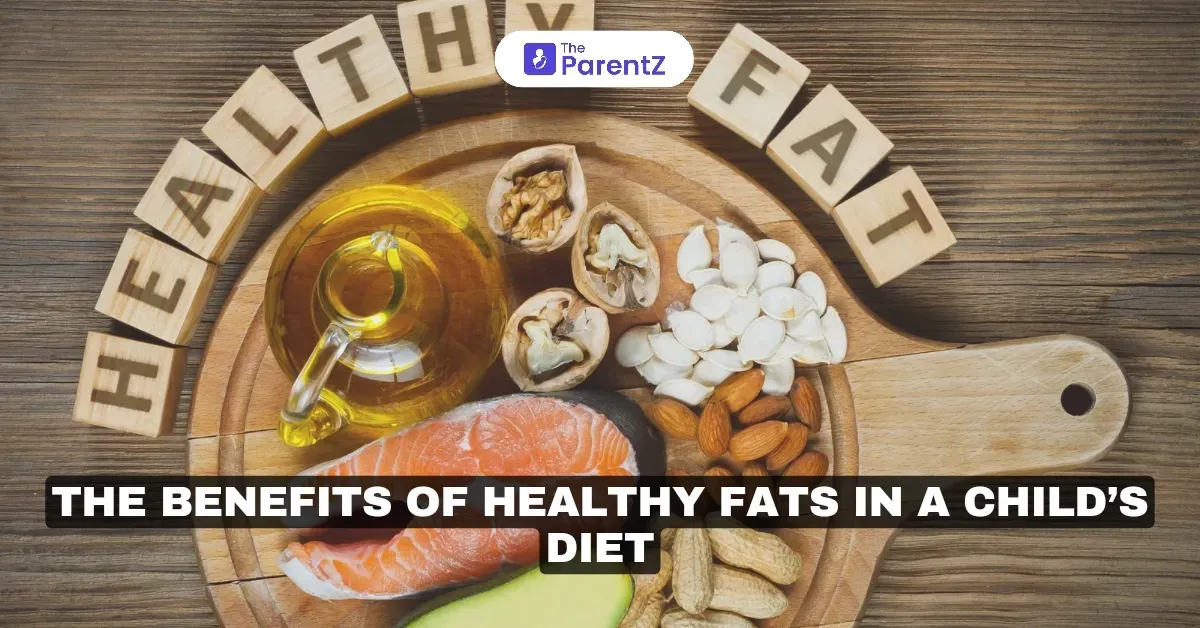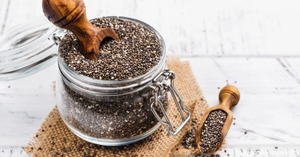Healthy fats are one of those nutrient essentials that is often overlooked in a child’s diet. But the reality is that healthy fats are an essential nutrient for children. It powers their body, plays a big role in brain development, and even helps support their mood. In fact, according to a study, adequate fat intake, especially omega-3s, can enhance cognitive performance. What's more? Kids with higher omega-3 levels show better performance when it comes to attention and memory tests. So, from brain development to hormone production, healthy fats are crucial for kids because they’re the body’s building blocks.
4 Reasons Why Healthy Fats Are Essential
Healthy fats, often referred to as good fats, primarily include monounsaturated fats, polyunsaturated fats, and omega-3 and omega-6 fatty acids. And these healthy fats are essential for providing nutritional content to the growth and development of kids. Besides, fat is necessary to absorb certain vitamins, produce hormones, and develop a strong, healthy brain while also playing a big role in maintaining energy, skin health, and immune function.
Brain Development
The brain is one of the most intensive organs in a human body, with nearly 60 percent of its composition being fat. This is why healthy fats play a significant role in brain development, especially during the initial years of life. The essential fatty acids, particularly found in fish, nuts, and seeds, are also associated with better memory retention and improved learning capabilities.
Physical Growth
Children are naturally active in addition to high energy needs. Therefore, incorporating healthy fats in your kid’s diet is essential for supporting physical growth and muscle development. Avocados are a fantastic source of monounsaturated fats, which can help maintain heart health and improve energy levels.
Energy Needs
Fat serves as an important energy source for kids. It provides more calories per gram than proteins or carbohydrates. Overall, healthy fats are the key to maintaining energy balance in your kids.
Improved Skin Health and Immune System
Fats also play a big role in maintaining a healthy immune system and supporting skin health. Mega-6 fatty acids, found in foods like walnuts, sunflower seeds, and corn oil, ensure skin health while also playing a significant role in the body’s natural inflammatory response. Beyond this, fats are also responsible for protecting children from infections and keeping their skin healthy.
How Much Healthy Fat Does A Child Need?
The amount of fat needed by kids can vary with the age factor. According to pediatricians, children aged 1-3 years should get around 30-40 percent of their daily calories from fat, while children aged 4-18 years should aim for 25-35 percent. Unsaturated fats should be a priority; however, saturated fats must not be the primary fats included in your child’s diet. Moreover, trans fats, found in many processed foods like baked goods, snacks, and fried items, are also potentially harmful for both kids and adults alike.
Takeaway
From brain health to stronger immunity, healthy fats play a big role in a child’s diet. While people nowadays usually steer away from including fats in their diet, the truth is—a balanced diet with the right amounts of healthy, unsaturated fats is actually a healthier choice when it comes to maintaining better weight and heart health.








Be the first one to comment on this story.